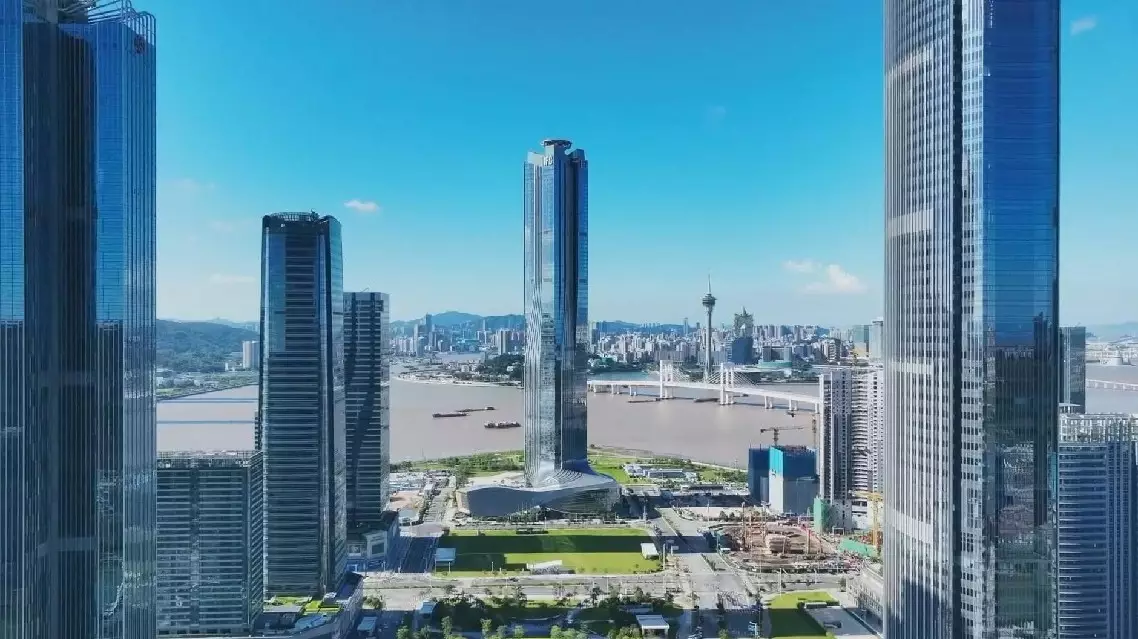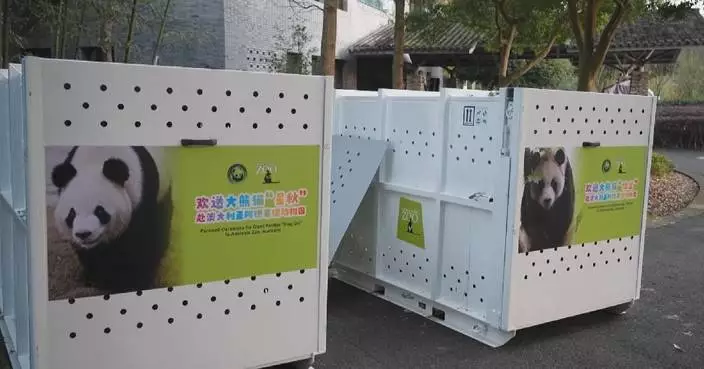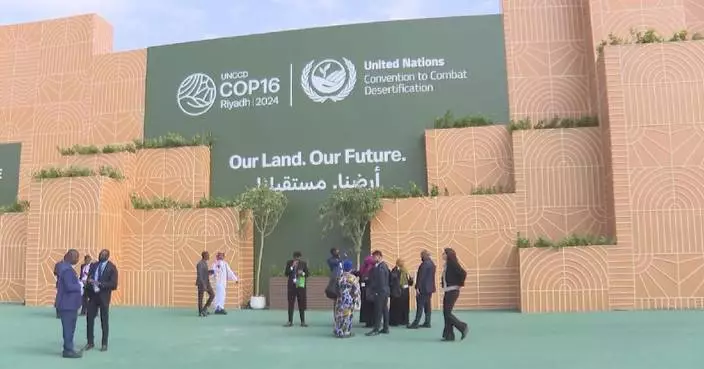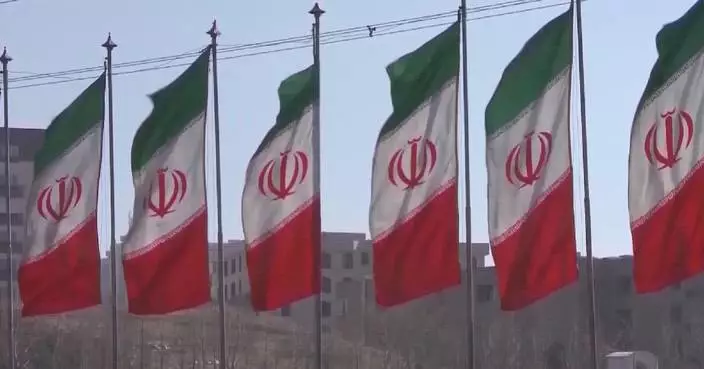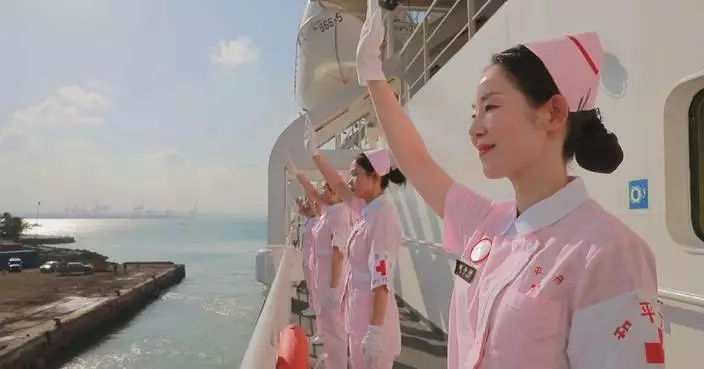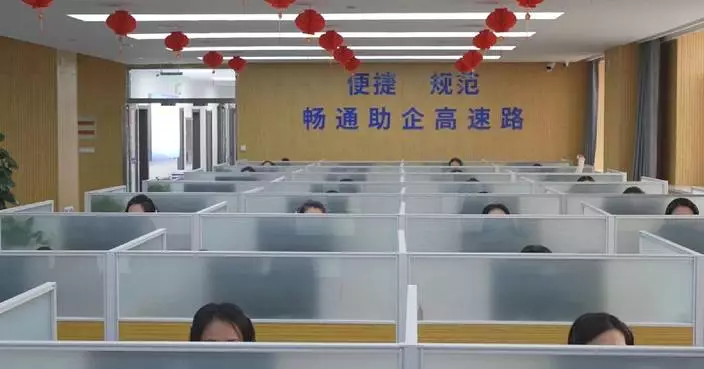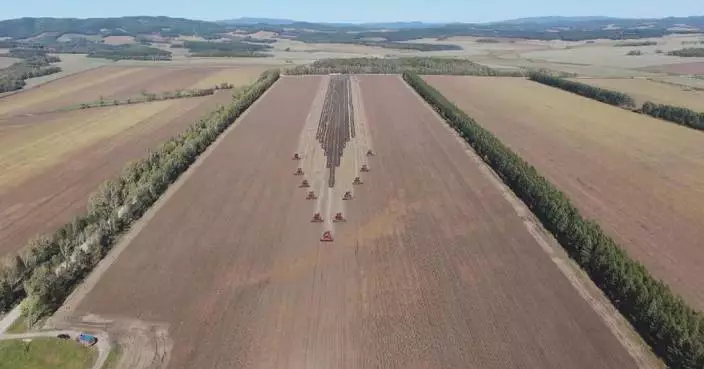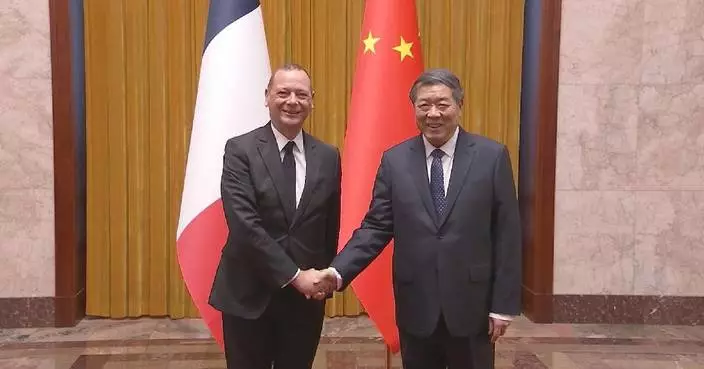Chief scientist Zhang Keke of the "Macao Science 1" satellite project attributes his achievements to strong national support and believes that Macao's future lies in its integration into the Guangdong-Hong Kong-Macao Greater Bay Area.
Launched on May 21, 2023, "Macao Science 1" is the first space science satellite program jointly developed by the Chinese mainland and Macao. It is also the world's first scientific satellite placed in a near-equatorial orbit, designed to monitor Earth's geomagnetic field and space environment.
Zhang and his team are now actively preparing for "Macao Science 2." When discussing Earth's magnetic field research, Zhang conveyed a strong sense of urgency.
"The application of Earth's magnetic field data is not only crucial but also urgently needed by our country. I cannot stress this enough. Currently, the geomagnetic data models used in phones, airplanes, and other technologies are sourced from Western countries like the United States and the UK. Our nation urgently needs to develop its own capabilities in this area," Zhang said in an interview with the China Media Group (CMG).
In late 2018, Zhang, an internationally renowned astrophysicist, proposed launching a high-precision satellite to monitor Earth's low-latitude geomagnetic field and space environment. His idea quickly gained support from national authorities and the Macao Special Administrative Region government.
In 2019, Zhang resigned from his prestigious professorship at a UK university to dedicate himself fully to the project in Macao.
"No matter what position I held in the UK -- professor, institute director, or department chair -- I could never have led such a significant satellite project with profound scientific, practical, and economic value. The UK would not have given me this opportunity. I feel fortunate to be here, doing something truly meaningful," Zhang said.
With strong national backing and institutional support, "Macao Science 1" was developed and launched in just four years. The satellite project has achieved world-leading precision in measuring Earth's magnetic field, attracting collaboration from research institutions in 18 countries, including the United States, the UK, France, and Germany.
The Royal Astronomical Society of the UK held a special discussion session dedicated to "Macao Science 1," while the European Space Agency plans to host a related international seminar in Macao next year.
"When global organizations organize scientific seminars specifically for you, or travel to your location for international research conferences, it speaks volumes about the success of your project. This recognition extends beyond Macao. It's also recognition of China," Zhang said.
"Macao Science 1" has become a cutting-edge symbol of Macao's high-tech capabilities. The project's development team, aside from Zhang, consists primarily of young scientists, with the youngest team member just 22 years old.
Recently, Zhang and his team reached another milestone by developing China's first independently controlled real-time Earth magnetic field model. This breakthrough, based on high-precision data from "Macao Science 1" and other satellites, has broad applications in navigation, resource exploration, and smart technologies.
Looking ahead, Zhang revealed that once "Macao Science 2" is launched, it will form a constellation with "Macao Science 1," creating the world's first high-precision 3D observation system for Earth's magnetic field.
He highlighted that "Macao Science 1" exemplifies the success of cooperation between Macao and the Chinese mainland within the "one country, two systems" framework. To further advance this work, two new laboratories are being established in Hengqin, Zhuhai City, to study Earth model data and geomagnetic applications.
"I firmly believe that Macao's future development lies in its integration into the Greater Bay Area. With national support, we can achieve great things. In the coming years, I hope to see 'Macao Science 2' completed successfully. When you interview me again on the 30th anniversary of Macao's return, I hope to share even more significant achievements with you," saidZhang.
This year marks the 25th anniversary of Macao's return to the motherland.
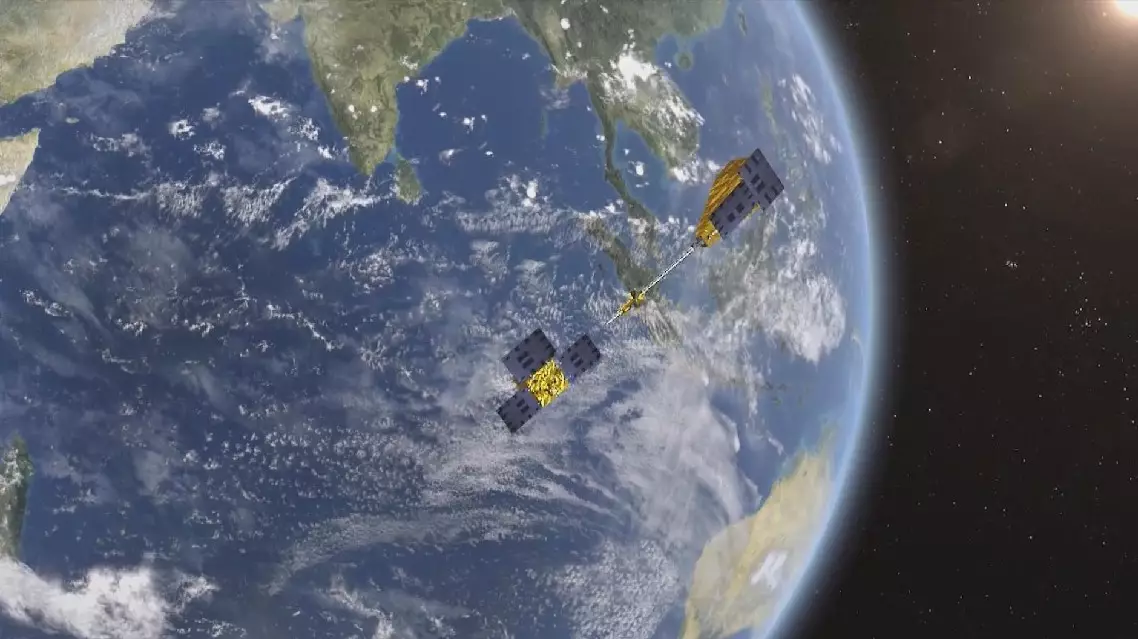
Macao space scientist credits strong national support for his success
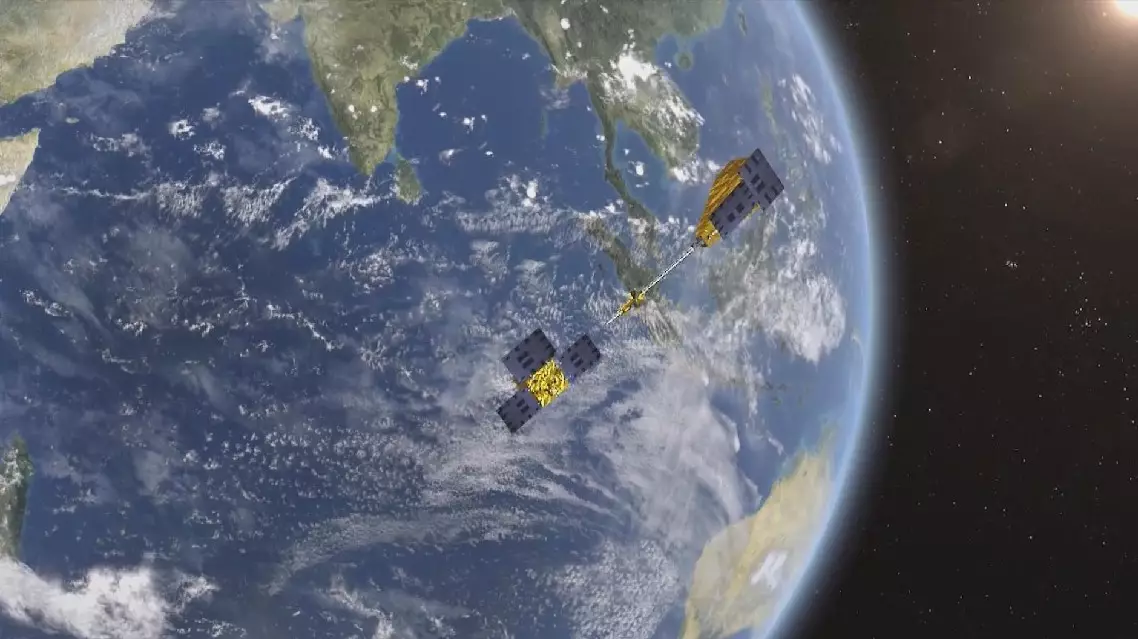
Macao space scientist credits strong national support for his success


